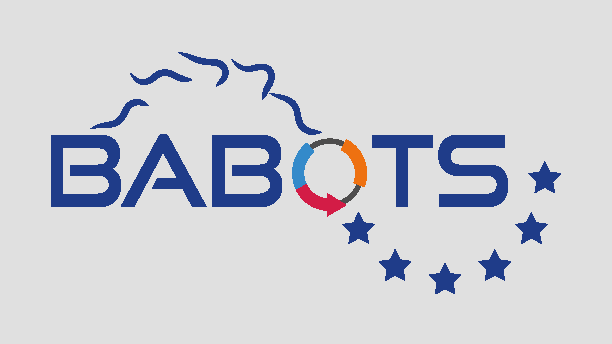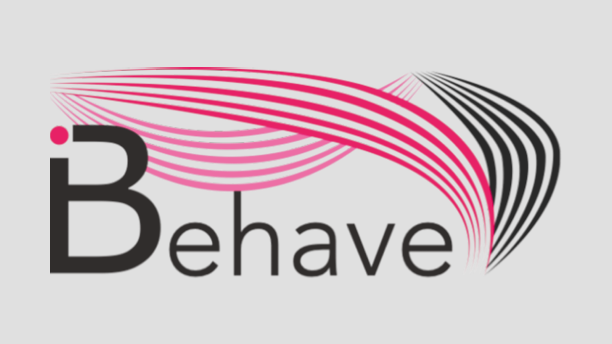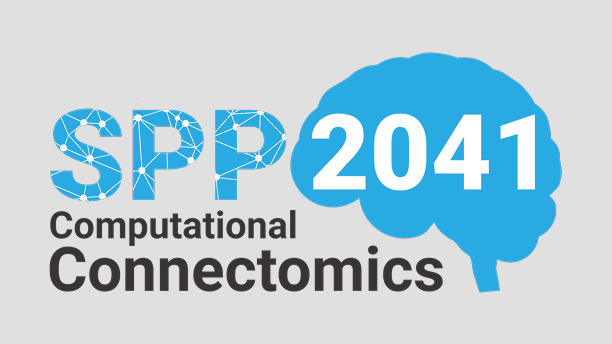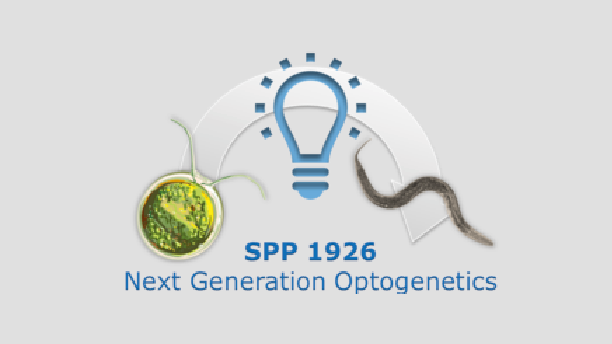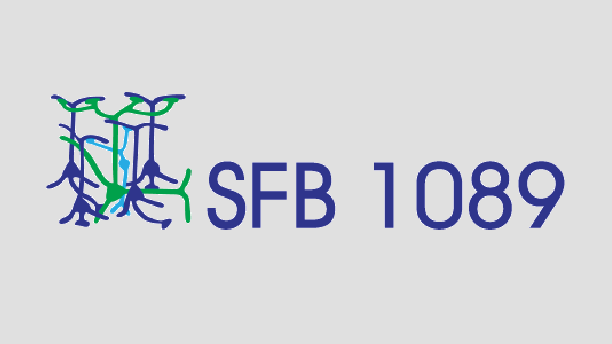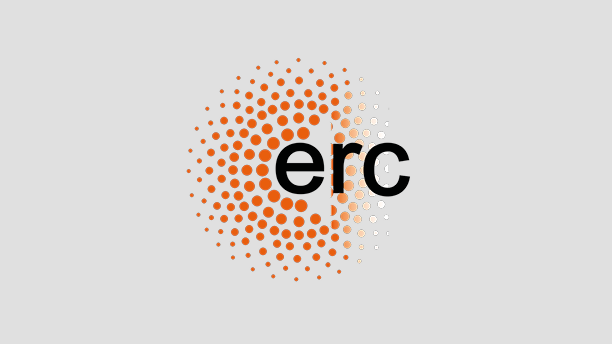BABots
Our Neural Information Flow lab is partner of the large-scale European biorobotics project “BABots”, funded by the European Innovation Council (EIC). The seven European partners of this ambitious project will be working on a new approach to bio-robotics based on “Biological Animal roBots” (BaBots).

